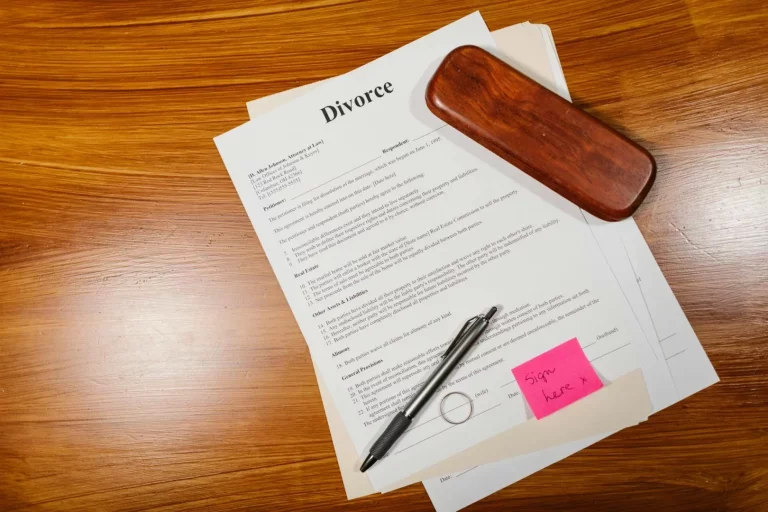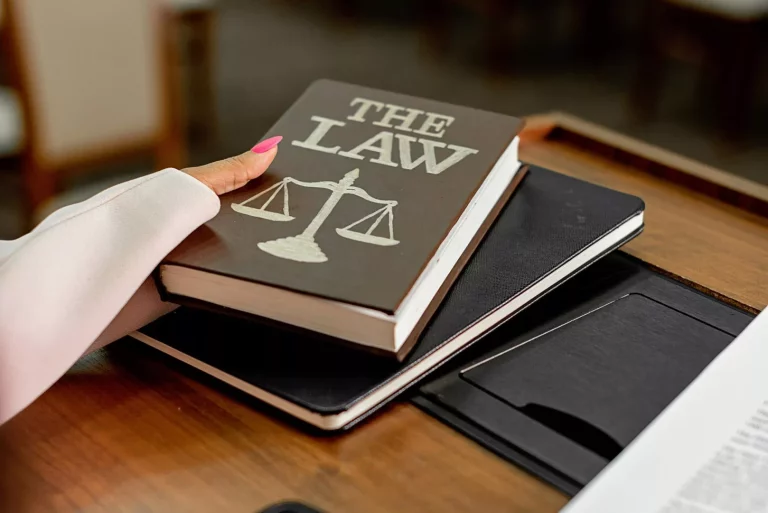Self Care During Divorce
Have you ever felt overwhelmed during a divorce? At TheBostonDivorceLawyer, we understand the importance of self-care during this difficult time. Learn how to prioritize your well-being and navigate the emotional challenges of divorce in our latest article.
On the authority of “The Smart Divorce“ by Deborah Moskovitch, self-care during divorce includes seeking support from loved ones, engaging in physical activity, and practicing mindfulness techniques to cope with the stress and emotions of the process. It is important to prioritize self-care to maintain mental and emotional well-being throughout the divorce proceedings.
Emotional Support
Try talking to friends and family who care about you. Sharing your feelings with them can help you feel better and less alone during this tough time. Seeing a therapist or counselor can also be helpful. They can give you advice on how to deal with the stress and sadness that often come with divorce.
Taking care of your body is important too. When all is said and done, make sure to get enough sleep, eat healthy foods, and do things that make you happy and relaxed. Exercise and activities like yoga or meditation can help you feel less tense and more clear-headed.
Remember, it’s okay to take your time to grieve and heal. By focusing on getting emotional support and taking care of yourself, you can get through this challenging time and start moving forward in a positive way.
Healthy Habits
This can help manage stress and support your well-being during tough times. Eating healthy foods, drinking plenty of water, and getting enough sleep are very important for both your body and mind. Regular exercise can boost your mood by releasing feel-good chemicals.
Practicing mindfulness and relaxation techniques, such as deep breathing or meditation, can also help reduce anxiety and create calmness. Make sure to find time for activities you enjoy and that help you relax, like reading, walking in nature, or spending time with loved ones.
Basically, having a support system, whether it’s friends, family, or a therapist, can provide emotional support and a place to share your feelings. Setting boundaries and focusing on self-care can help prevent burnout and give you a sense of control during difficult times.
Creating and sticking to a routine can provide stability and predictability during changes. Regular self-care can help you become more resilient and feel more in control during challenges like a divorce.
Listen to your body and mind, and allow yourself to rest and recharge when needed. Adopting healthy habits and self-care routines can aid in your healing and growth during a divorce.
Seeking Professional Help
Considering earlier points, during my divorce, seeking professional help became crucial for taking care of myself.
To be fair, a therapist can support you emotionally and help you cope during this tough time. They can guide you on handling the changes and help you develop healthy ways to deal with your feelings. It’s also important to get legal advice to protect your rights and make sure things are fair.
Believe it or not, a lawyer can explain the legal process and help you deal with the various problems that may occur of divorce. Moreover, a financial advisor can help you manage your money and plan ahead. They can help you set up a budget, divide assets, and adjust your finances as needed. By getting professional help during your divorce, you can take care of yourself and prepare for a better future.
Mindfulness Practices
Mindfulness can help you during tough times like divorce. It means focusing on the present moment without judging it, which can keep you calm and grounded.
You can practice mindfulness through meditation. Sit quietly and pay attention to your breath. If your mind starts to wander, gently bring your focus back to your breath. This can make you feel more centered and less overwhelmed.
Another way to practice mindfulness is by noticing your thoughts and feelings. My point is, if you’re feeling sad or stressed, acknowledge these feelings instead of pushing them away. This can help you process your emotions.
You can also practice mindfulness by doing activities like yoga or walking in nature. Pay attention to how your body feels and what you see around you. This makes you feel more connected and present.

In the End
In the midst of a divorce, prioritizing self-care is very important for emotional healing and overall well-being. By setting boundaries, practicing self-compassion, seeking support, and engaging in activities that bring joy, individuals navigating divorce can better cope with the challenges ahead.
What TheBostonDivorceLawyers is aiming to help with is, remember, taking care of yourself during this difficult time is not selfish, but essential for moving forward in a healthy way.







